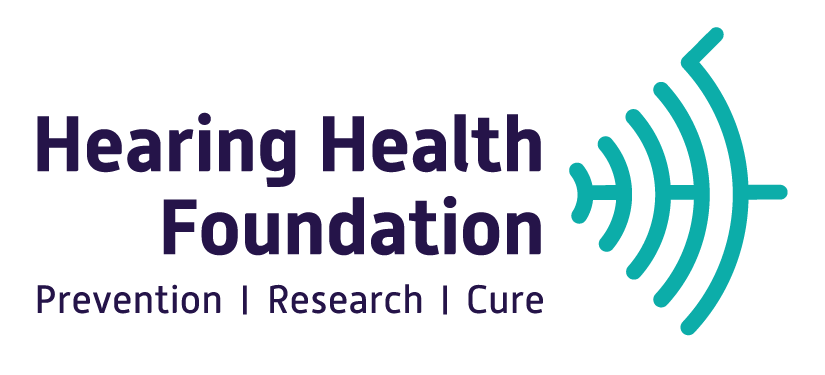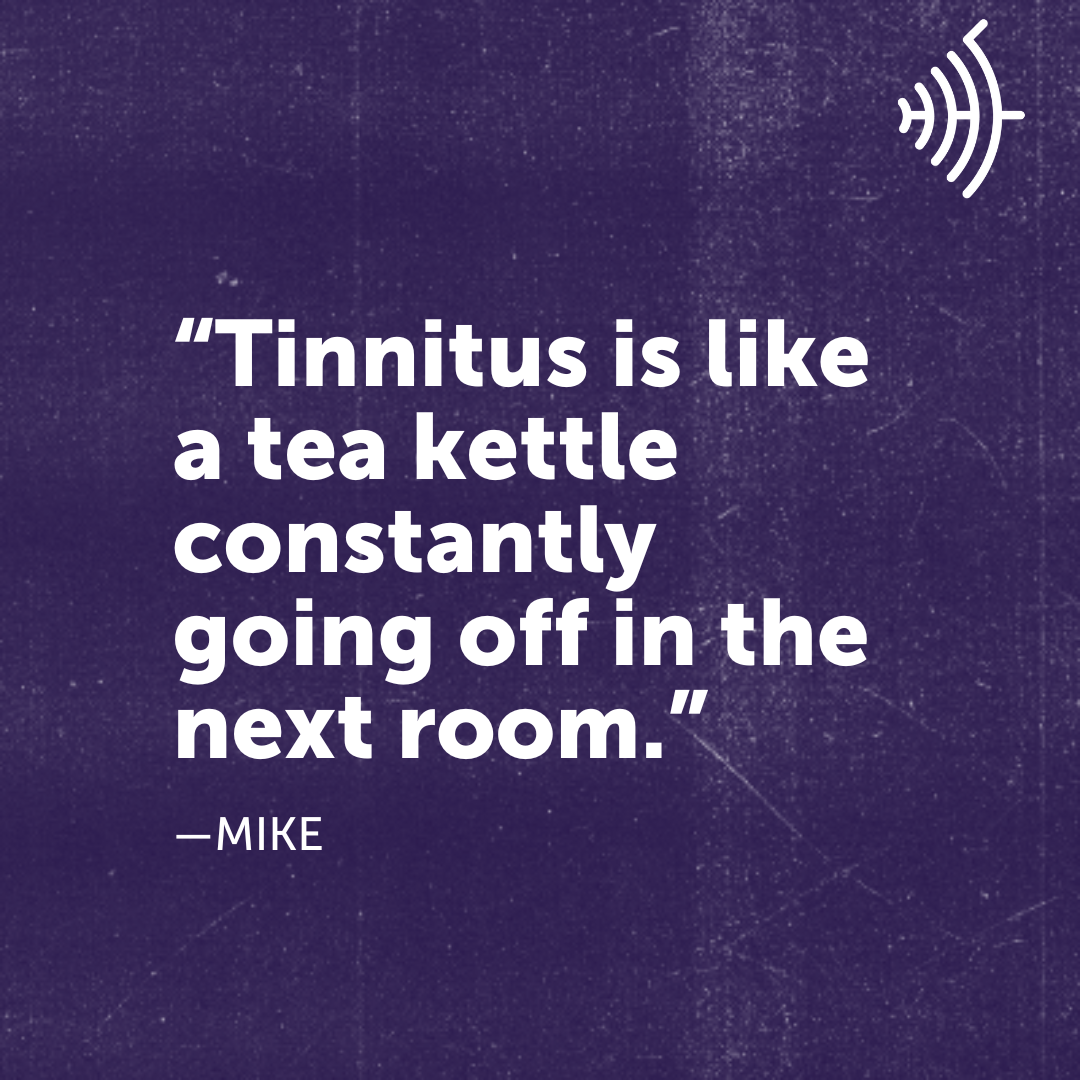Diagnosing Tinnitus
If you think you have a hearing loss, tinnitus, or balance issues, please make an appointment with a hearing health professional such as an audiologist or an ear, nose and throat specialist (ENT). Because tinnitus is a symptom, not a condition itself, it is important to rule out any serious medical conditions that may be causing the tinnitus.
“There are two instances that are particularly concerning and should be checked out by a medical professional,” Dr. Wallace says. “They are: If the tinnitus sounds like your heartbeat or is in only one ear. This might indicate asymmetrical hearing, which could then mean something rare like an acoustic neuroma (a benign tumor).”
During the evaluation, you may experience one or more of these tests to help determine the cause of the tinnitus.
Hearing (audiological) exam. As part of the test, you’ll sit in a soundproof room wearing earphones and be asked to indicate when you can hear a sound (pure tones or speech) through the earphones. Additional audiological tests can help assess the health and function of your middle ear, inner ear, and auditory pathway.
Movement. Your doctor may ask you to move your eyes, clench your jaw, or move your neck, arms, and legs. If your tinnitus changes or worsens, it may help identify an underlying disorder or other medical causes that need treatment.
Imaging tests. Depending on the suspected cause of your tinnitus, you may need imaging tests such as CT or MRI scans.
The sounds you hear can help your doctor identify a possible underlying cause.
Clicking. Muscle contractions in and around your ear can cause sharp clicking sounds that you hear in bursts. They may last from several seconds to a few minutes.
Rushing or humming. Usually vascular in origin, you may notice sound fluctuations when you exercise or change positions, such as when you lie down or stand up.
Heartbeat. Blood vessel problems, such as high blood pressure, an aneurysm or a tumor, and blockage of the ear canal or eustachian tube can amplify the sound of your heartbeat in your ears (pulsatile tinnitus).
Low-pitched ringing. Conditions that can cause low-pitched ringing in one ear include Ménière’s disease. Tinnitus may become very loud before an attack of vertigo—when you feel that you or your surroundings are spinning or moving.
High-pitched ringing. Exposure to a very loud noise or a blow to the ear can cause a high-pitched ringing or buzzing that usually goes away after a few hours. However, if there’s hearing loss as well, tinnitus may be permanent. Long-term noise exposure, age-related hearing loss or medications can cause a continuous, high-pitched ringing in both ears. Acoustic neuroma can cause continuous, high-pitched ringing in one ear.
Other sounds. Otosclerosis, or the overgrowth of the inner ear bones, can cause low-pitched tinnitus that may be continuous or intermittent. Earwax, foreign bodies, or hairs in the ear canal can rub against the eardrum, causing a variety of sounds.
Learn More:
What Is Tinnitus?
What Causes Tinnitus?
Diagnosing Tinnitus
Tinnitus Treatments
Effect on Daily Life
Tinnitus News and Research

